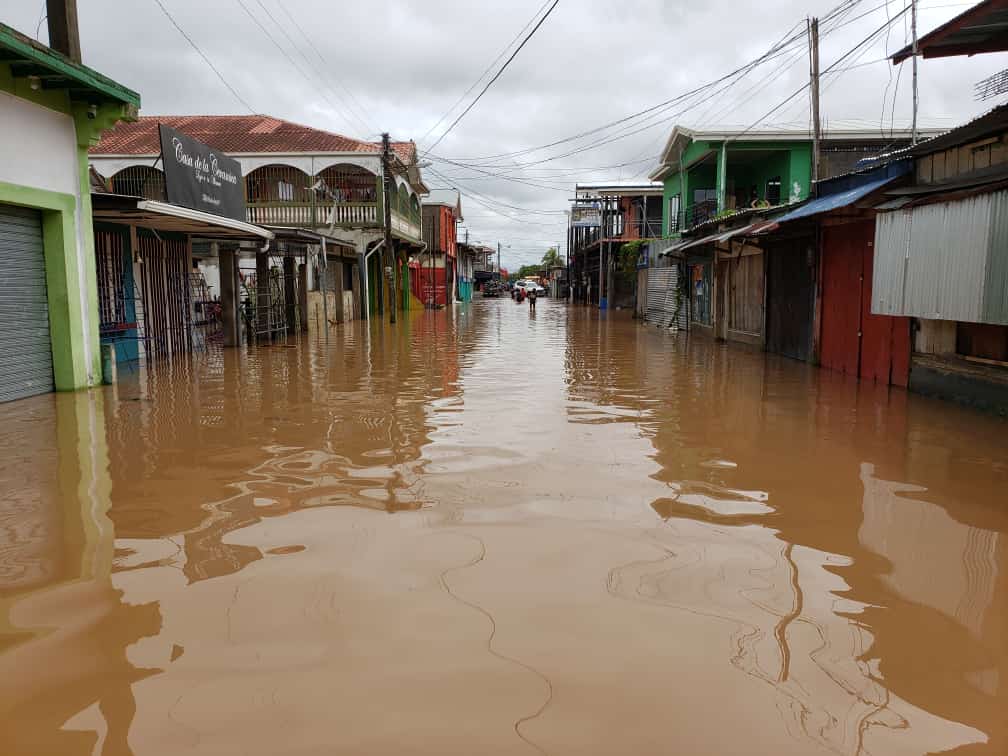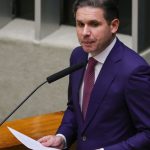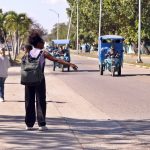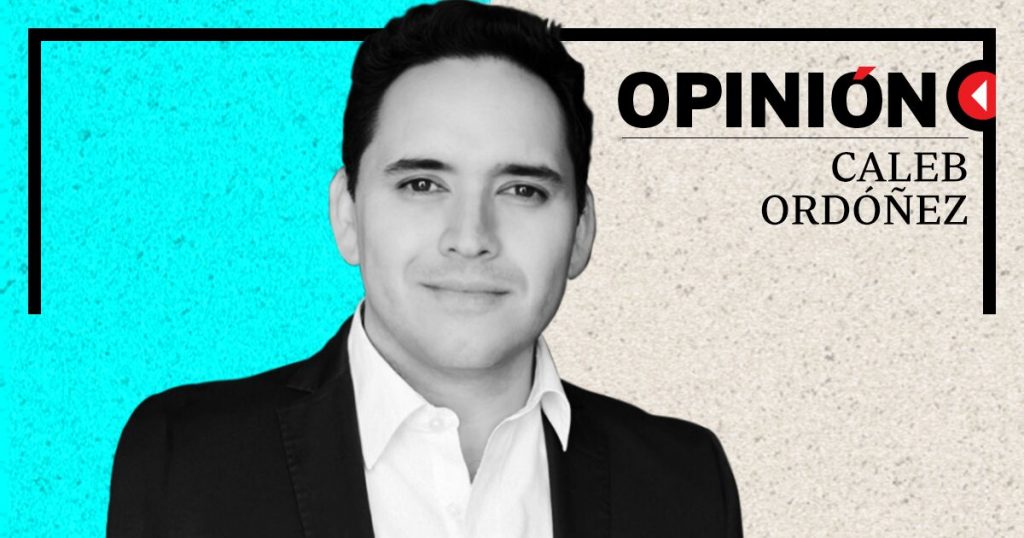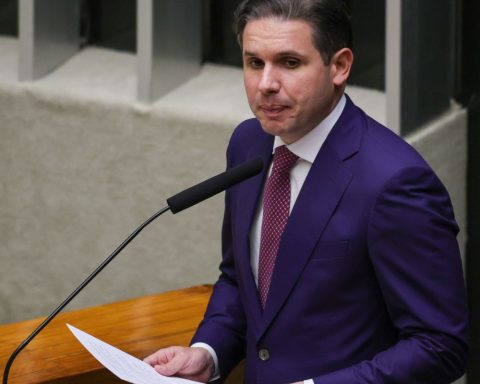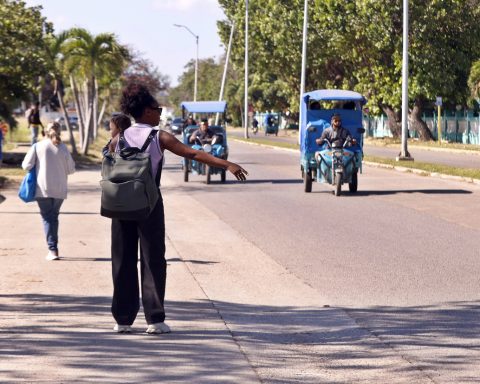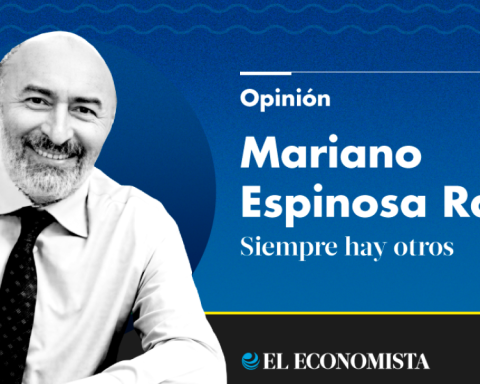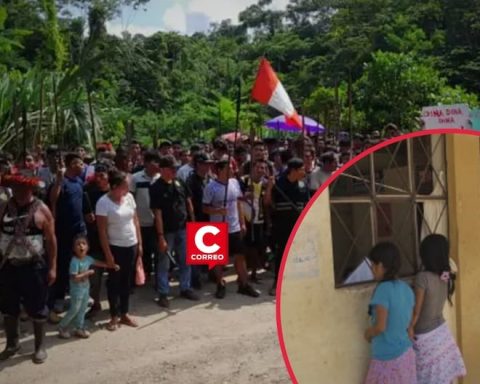Daniel Ortega’s regime will receive a disbursement of US$8.9 million from the insurance company Caribbean Catastrophe Risk Insurance Facility (CCRIF) and another US$500,000 donated by the Central American Bank for Economic Integration (CABEI) to address the damage left behind. in Nicaragua Hurricane Julia.
“Nicaragua was the only CCRIF member country for which the CCRIF wind and storm surge loss model produced government losses due to tropical cyclone Julia,” details the insurer. in the final damage assessment reportpublished on October 18, 2022.
This is not the first time that Nicaragua has received funds from this insurer. In 2020, after the past of hurricanes Eta and Iota, category 4 and 5, the country received 30.6 million dollars as part of the catastrophe risk policy. In addition, he received $1.1 million after Tropical Cyclone Otto in November 2016 and $500,000 for an earthquake in June of that year.
The insurer details that to activate the catastrophe policy, the cyclone must cause winds greater than 62.7 km, which is why only Nicaragua was able to activate the policy after the past of Hurricane Julia. The disbursement is made within 14 days after the impact of the natural catastrophes.
According to assessments by the Ortega government, Hurricane Julia, which was category 1 and lasted only eight hours in Nicaraguan territory, caused losses of 402.6 million dollars, equivalent to 14,527.2 million córdobas. These damages represent 2.6% of the country’s Gross Domestic Product (GDP).
Laureano Ortega receives a donation from CABEI
For its part, CABEI provided $500,000 for the countries affected by Hurricane Julia: Nicaragua, Guatemala, Honduras and El Salvador. This donation agreement was personally delivered to the son of the presidential couple, Laureano Ortega Murillo, during a work mission carried out by the president of CABEI, Dante Mossi, in Nicaragua.
In that meeting, Ortega Murillo replaced the Minister of Finance and Public Credit, Iván Acosta, who that day was delegated to work in the Commission for the Evaluation, Quantification of Damages and Losses of Hurricane Julia, which was held at the facilities of the National System for Disaster Prevention, Mitigation and Attention (Sinapred).
“We have come at this moment by chance to show that Nicaragua is not alone and that we are going to accompany it in its recovery effort after these damages suffered,” said Mossi when making the non-reimbursable financial cooperation official.
The work mission of the multilateral representative lasted one day and it studied the construction project of a port in Bluefields, North Caribbean, which will amount to some 500 million dollars.
According to Mossi, they are assessing “ways to lower the cost with long-term financing and that do not represent debts for the Nicaraguan State in the midst of a global crisis.”
He also announced that he will return in November to “sign an understanding agreement on how to develop these infrastructure works.”
The Minister of Transport and Infrastructure, Óscar Mojica, and the Executive President of the National Port Company, Virgilio Silva, participated in the meeting.
CABEI the largest multilateral cooperator
In recent years, CABEI has been the largest multilateral donor in Nicaragua despite criticism and demands to stop its financing due to the violent Ortega repression and the de facto police state that violates human rights. His representative has also been questioned about her closeness to the regime.
A report of CONFIDENTIAL revealed that between January 2017 and June 2021, Ortega received more than 2,289 million dollars —an average of more than 450 million dollars per year— from this multilateral institution.
According to the foreign cooperation report of the Central Bank of Nicaragua, since 2018, CABEI is the largest multilateral donor in the public sector. Until 2021 this sector received 1,269.6 million dollars in loans. Meanwhile, 370.1 million in loans were approved for the private sector.
CABEI has also granted some 7.11 million dollars in non-reimbursable funds for emergency aid due to the impact of hurricanes, sanitation programs and the fight against covid-19, revealed a report from CONFIDENTIAL.
